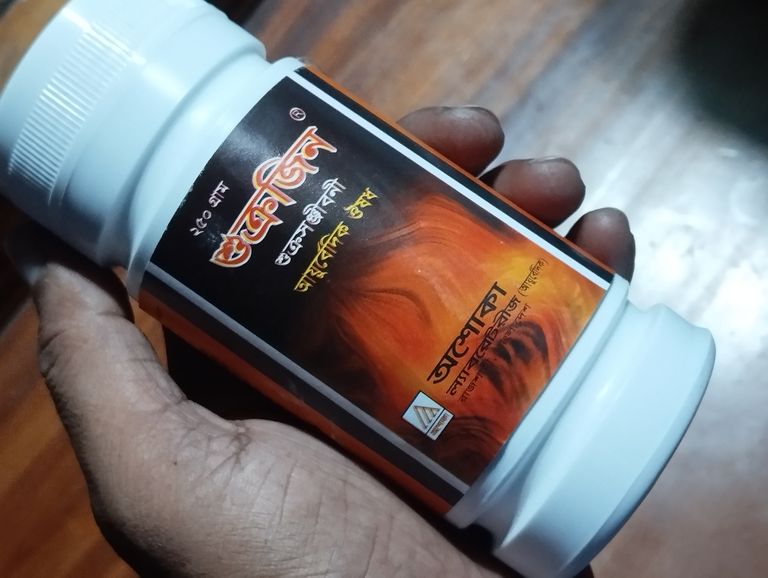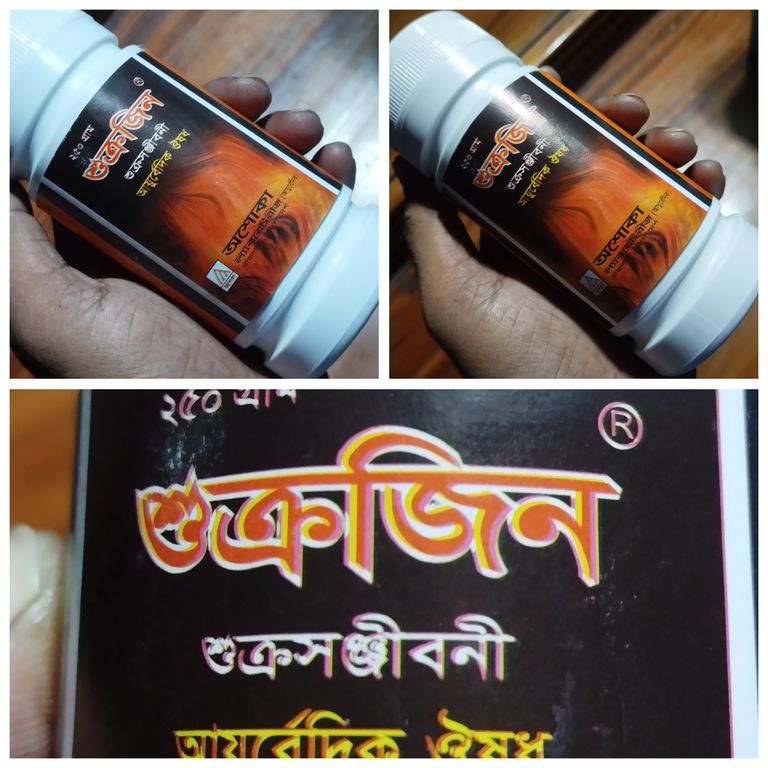
Benefits of Consuming Shukrajina Shukrajeen.
In Ayurveda and traditional Indian medicine, "Shukrajina" or "Shukrajeen" is believed to be an herbal or natural remedy that enhances vitality, vigor, and reproductive health. Derived from the Sanskrit word "Shukra," which means "semen" or "vital essence," Shukrajina is seen as a potent tonic to boost physical and mental energy, sexual health, and overall well-being. Here, we explore the various benefits, uses, and scientific perspectives on Shukrajina, its role in health, and considerations for its safe consumption.
- Boosts Sexual Health and Reproductive Vitality
Shukrajina has long been revered as a remedy to enhance sexual performance, stamina, and fertility. The herbal blend typically contains ingredients that work to nourish the reproductive organs, improve libido, and maintain optimal hormone levels. Regular intake is believed to help increase sperm quality and count in men, contributing to higher chances of fertility.
Key Components Supporting Sexual Health:
Ashwagandha: Known for boosting testosterone levels, reducing stress, and enhancing stamina.
Safed Musli: Often used in Ayurvedic remedies to improve sperm count and treat erectile dysfunction.
Shatavari: Beneficial for hormonal balance and enhancing libido in both men and women.
- Enhances Physical Stamina and Energy
Known for its energizing effects, Shukrajina can be beneficial for athletes, fitness enthusiasts, or anyone experiencing physical fatigue. The ingredients in Shukrajina can help reduce feelings of tiredness and increase overall physical endurance. Regular use may boost metabolism, allowing one to remain energetic and active throughout the day.
Key Components Supporting Physical Vitality:
Ginseng: Known for improving stamina, cognitive function, and physical endurance.
Tribulus Terrestris: A herb that enhances muscle strength and reduces recovery time after workouts.
Gokshura: Beneficial for reducing body fat, increasing strength, and maintaining energy levels.
- Reduces Stress and Enhances Mental Clarity
In Ayurvedic medicine, Shukrajina is valued for its adaptogenic properties that support the nervous system, helping individuals manage stress more effectively. By nourishing brain cells and improving circulation, it may help alleviate mental fatigue, boost memory, and improve focus.
Key Components for Mental Clarity:
Brahmi: Often used to support brain health, improve memory, and reduce stress.
Ashwagandha: Known for its calming effects and ability to reduce cortisol levels.
Shankhapushpi: A brain tonic that can aid in relieving stress, anxiety, and improving mental focus.
- Supports Hormonal Balance
Hormonal balance is crucial for the proper functioning of the body. Shukrajina contains ingredients known to regulate hormones in both men and women, contributing to enhanced mood, stable energy levels, and reproductive health. Balanced hormones are also essential for managing weight, sleep, and emotional well-being.
Key Components for Hormonal Health:
Maca Root: Known to support hormonal balance and improve sexual function.
Fenugreek: Helps in maintaining hormonal levels, particularly in men.
Shatavari: Known for its ability to regulate female hormones and support the menstrual cycle.
- Improves Immunity and Overall Health
Rich in antioxidants, Shukrajina offers protective benefits that enhance the immune system, helping the body ward off infections, inflammation, and free radicals. This can contribute to overall wellness, reducing the likelihood of illness and supporting faster recovery.
Key Components for Immune Support:
Amla (Indian Gooseberry): Known for its high vitamin C content and antioxidant properties.
Tulsi (Holy Basil): Often used to boost immunity and protect against infections.
Guduchi: Known to strengthen the immune system and support liver health.
- Enhances Digestion and Nutrient Absorption
Digestive health is key to overall wellness, as it ensures proper absorption of nutrients. Shukrajina helps improve digestion by boosting metabolism, enhancing nutrient absorption, and reducing bloating or discomfort. This, in turn, supports better physical and mental energy levels.
Key Components Supporting Digestion:
Ginger: Known to stimulate digestion and improve nutrient absorption.
Pippali: Often used to enhance digestive fire and detoxify the body.
Ajwain: Beneficial for relieving indigestion and improving appetite.
- Promotes Youthful Skin and Hair
With its blend of antioxidants and nourishing herbs, Shukrajina may help maintain youthful skin and improve hair health. It helps reduce oxidative stress, one of the primary factors behind aging, while promoting collagen production, which is essential for healthy skin and hair.
Key Components Supporting Skin and Hair Health:
Aloe Vera: Known for its hydrating and healing properties.
Neem: Used for its anti-bacterial properties, supporting clear skin.
Bhringraj: Beneficial for hair growth and preventing premature graying.
How to Use Shukrajina Safely
Shukrajina should be consumed according to specific guidelines. It's often available in powder or capsule form, with recommended dosages depending on the brand, individual needs, and health goals. Consult with an Ayurvedic practitioner or healthcare provider before starting Shukrajina, especially if you're pregnant, nursing, or on medication.
Common Usage Recommendations:
For General Health: 1 capsule or 1-2 teaspoons with milk or water, preferably on an empty stomach.
For Sexual Health: 1 capsule before bedtime, or as recommended.
For Physical Energy: Take in the morning with warm water or milk.
Potential Side Effects and Precautions
While Shukrajina is natural, it is essential to consume it responsibly:
Digestive Disturbances: Overconsumption may lead to mild digestive issues.
Allergic Reactions: Certain herbs may cause allergies in sensitive individuals.
Hormonal Impact: Consult with a healthcare provider if you have hormonal conditions.
Conclusion
Shukrajina offers various benefits, from boosting sexual health and energy to enhancing mental clarity and immune support. With its diverse set of natural ingredients, Shukrajina is a powerful supplement for those seeking a holistic approach to health.
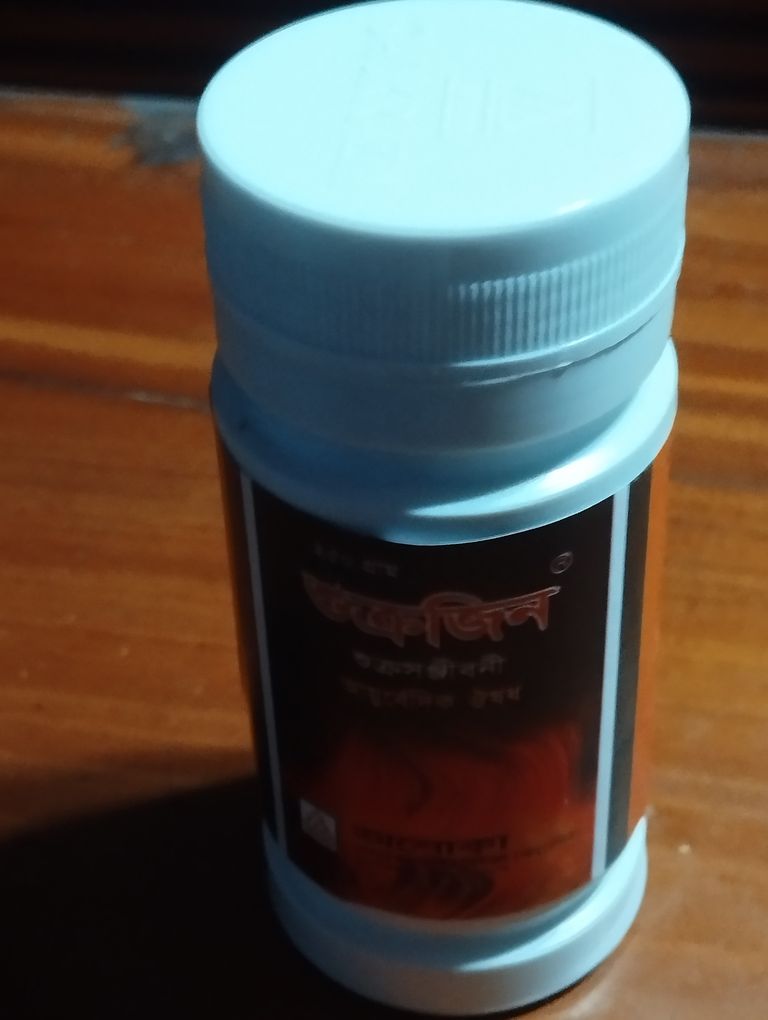
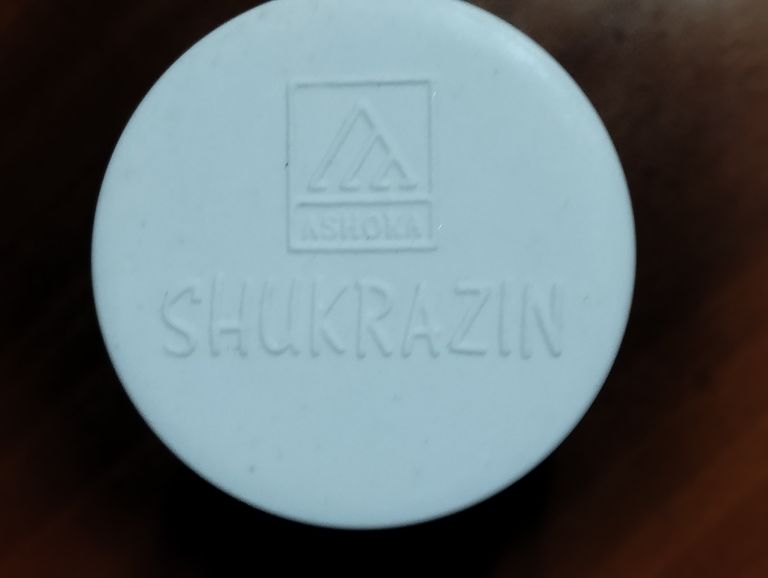
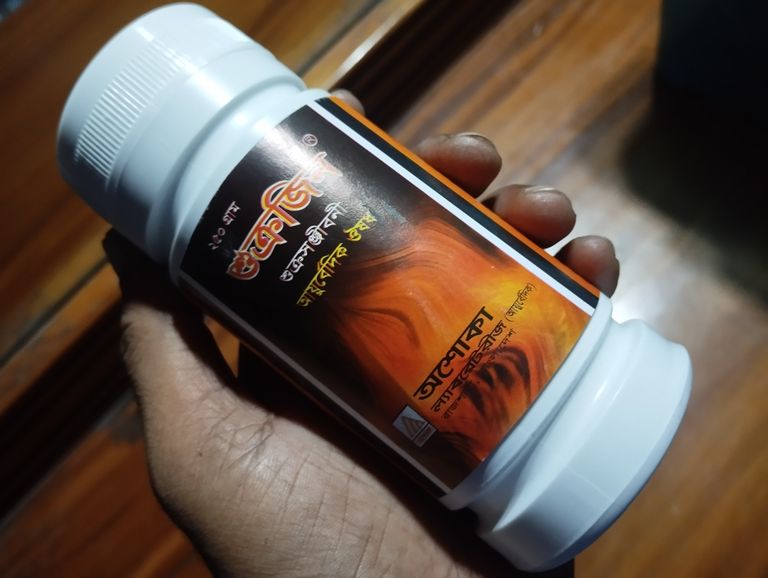
To create a 4000-word blog in English on "How Sperm Cells Are Formed," here's a structured overview that can help guide the content:
Title: How Sperm Cells Are Formed: The Science Behind Sperm Formation and Function
Introduction
Brief introduction to the importance of sperm in human reproduction.
Mention of sperm structure and unique characteristics.
The role of sperm in fertilization and why its formation is critical.
- What Is Sperm?
Definition of sperm cells and their primary functions.
Overview of sperm cell structure: head, midpiece, and tail.
Importance of each part of the sperm cell in mobility and DNA delivery.
- The Process of Sperm Formation (Spermatogenesis)
Introduction to spermatogenesis, the biological process through which sperm cells are produced.
Mention that spermatogenesis occurs in the testes and takes around 64 days in humans.
2.1 Stages of Spermatogenesis
Stage 1: Spermatogonia
Explanation of spermatogonia as precursor cells.
How spermatogonia divide and mature into primary spermatocytes.
Stage 2: Primary Spermatocytes
Details on how primary spermatocytes undergo the first meiotic division.
Production of two secondary spermatocytes from one primary spermatocyte.
Stage 3: Secondary Spermatocytes
Explanation of the second meiotic division.
Formation of spermatids, each containing half the genetic material of a typical body cell.
2.2 Final Stage – Spermiogenesis
How spermatids mature into fully functional sperm cells.
Structural transformation: development of the tail and condensation of nuclear material.
Formation of the acrosome, a cap-like structure that aids in fertilization.
- The Role of Hormones in Sperm Production
Overview of key hormones involved in spermatogenesis:
Testosterone: Stimulates sperm production and maturation.
Follicle-Stimulating Hormone (FSH): Initiates spermatogenesis.
Luteinizing Hormone (LH): Stimulates testosterone production in the testes.
How these hormones work together to regulate sperm production.
- Factors Affecting Sperm Production and Health
Age, diet, physical activity, lifestyle choices, and environmental exposure.
How factors like smoking, alcohol, and obesity can impact sperm quality.
Common health conditions affecting sperm formation, such as varicocele and hormonal imbalances.
- Sperm Storage and Ejaculation
Explanation of how mature sperm are stored in the epididymis.
Sperm maturation and storage until ejaculation.
Mechanism of sperm transport during ejaculation and their path to fertilization.
- Common Issues in Sperm Formation
Conditions that affect sperm quality or quantity, such as low sperm count (oligospermia) and motility issues.
Overview of treatments for issues in sperm production, including medication, lifestyle changes, and fertility treatments.
Conclusion
Summary of the importance of sperm in reproduction and the complexity of sperm formation.
Emphasis on the role of healthy lifestyle choices for optimal sperm health.
Final thoughts on ongoing research in male fertility and sperm cell biology.
This outline provides a comprehensive approach to sperm formation in a blog format. Let me know if you'd like this to be expanded in full for each section.
